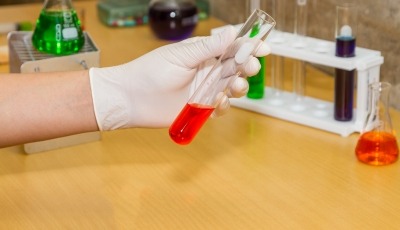
The new fully automated sample preparation instrument enables clinical laboratories to improve their efficiency by reducing errors and limiting the manual user interactions required to run assays on the BD FACSLyric clinical flow cytometer.
The BD FACSDuet system builds new capabilities into the BD portfolio of clinical flow cytometry solutions. Collectively, these solutions may help clinical laboratories improve accuracy and repeatability of their assays by minimizing manual steps that can introduce errors.
“The BD FACSDuet system enables us to increase our laboratory’s efficiency and throughput, replacing manual processes with automated ones that are traceable and that can be automatically transferred and recorded in our laboratory information system providing a complete audit trail,” said David Bloxham, principal biomedical scientist at the Hemato-Oncology Diagnostic Service (HODS) at Cambridge University Hospital NHS Trust.
Physical integration between the BD FACSDuet system and the BD FACSLyric clinical flow cytometer allows technicians to load samples and reagents onto the BD FACSDuet system and receive data once the samples are fully processed from the BD FACSLyric clinical flow cytometer. Data integration using the BD FACSLink middleware solution, offers bidirectional communication between the instruments and connectivity with laboratory information systems (LIS).
“The introduction of the BD FACSDuet system is the natural continuation of our 40 year history of making reliable flow cytometry solutions that are more robust and easier to use,” said John Ledek, worldwide president of Biosciences for BD. “Automation solutions for flow cytometry can go a long way towards improving accuracy and standardization from instrument to instrument providing the consistent results that clinicians depend on to inform patient care.”
The BD FACSDuet automated flow cytometry system is available as an in vitro diagnostic (IVD) instrument in Europe and is targeted to be available in other geographies as soon as regulatory milestones are secured. The current platform automates the lyse-no-wash process. Existing systems can be field upgradable as laboratory needs evolve.
Source: Company Press Release






